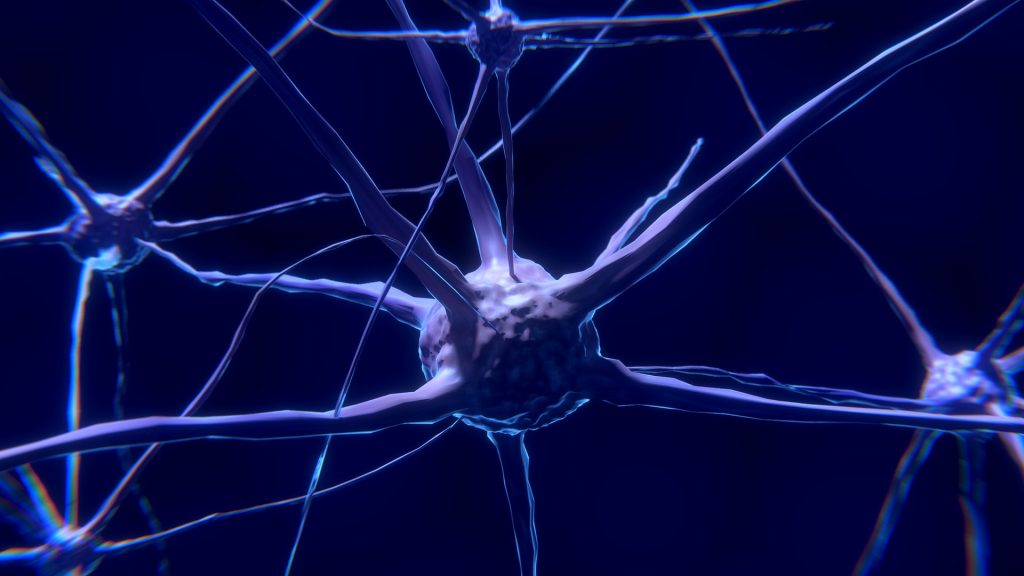
Drug addiction is a psychiatric disorder for which no pharmacological treatment with long-term efficacy currently exists: all addictive substances have in common the fact that they raise concentrations of the neurotransmitter dopamine within brain regions forming the neural reward circuit.
This increase in dopamine levels results in long-lasting alteration of signal transmission that is dependent on another neurotransmitter, glutamate, which causes addictive behaviours. Through a new study in mice and humans, an international team including scientists from the CNRS, INRAE, the CEA, Sorbonne University, Paris-Saclay University, the University of Bordeaux, and Université Côte d’Azur has uncovered, the molecular bases of this deleterious interplay between dopamine and glutamate.
The researchers’ findings demonstrate that the inhibition of interactions between dopamine and glutamate receptors prevents pathological behaviours provoked by cocaine in mice, without altering natural reward processing. Their findings, published in Science Advances, will help pave the way for the development of new therapeutic strategies to treat addiction, and a wider spectrum of psychiatric disorders.

